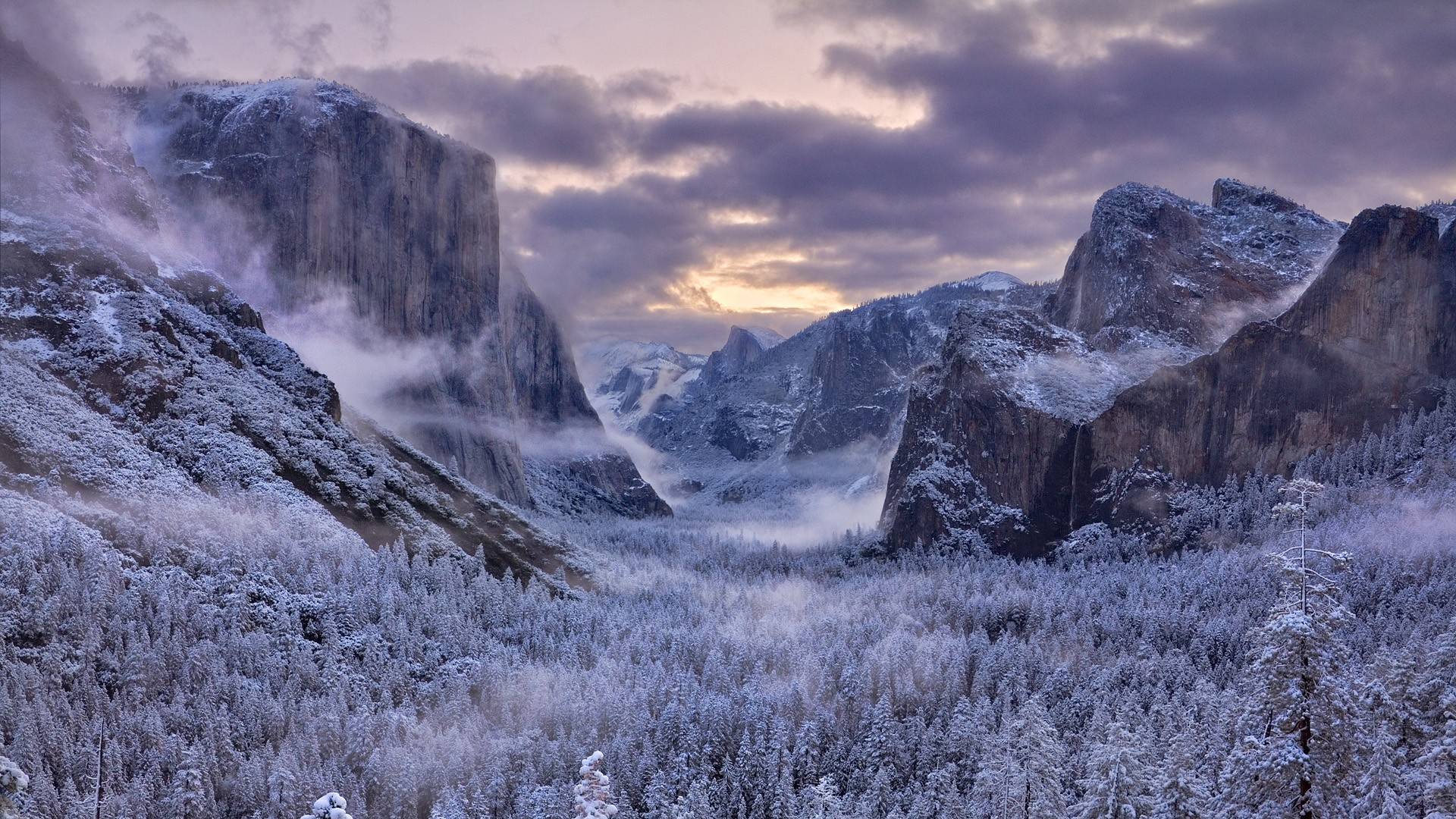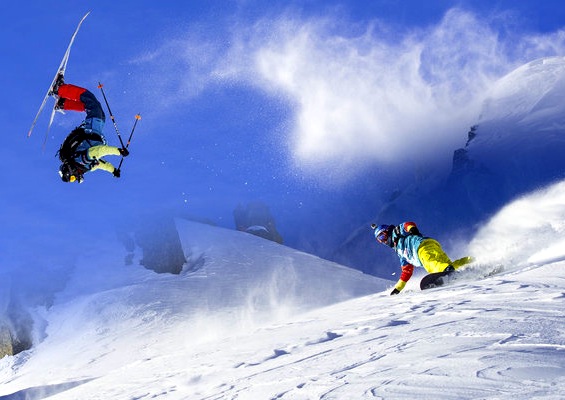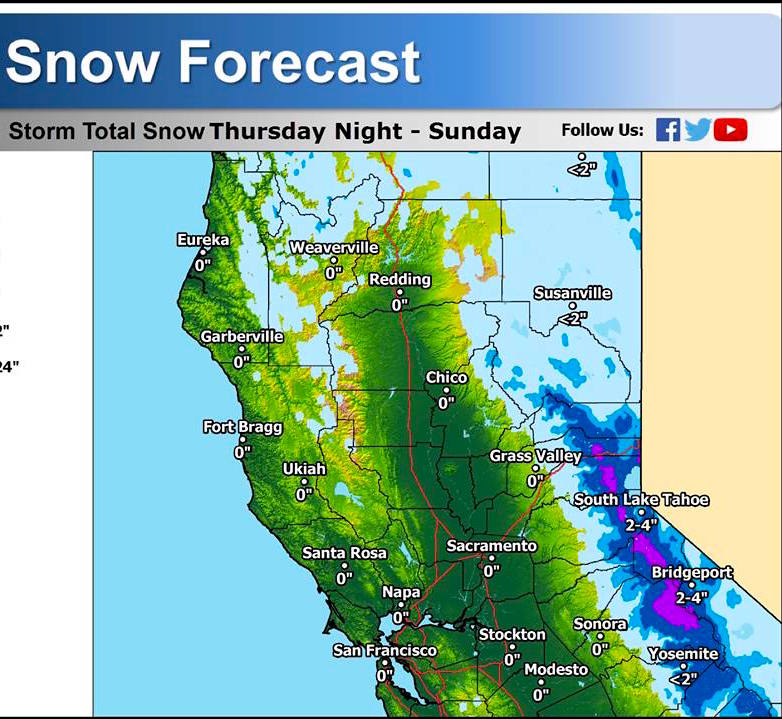
Last week, an addition to Yosemite National Park marks the first major boundary increase of the park in many decades and the first of this century. Ackerson Meadow is a 400-acre parcel that resides along the western border of Yosemite and has been privately owned up until its purchase by the Trust for Public Land (TPL) who in turn donated it to Yosemite. The TPL purchased the land for $2.3 million from Robin and Nancy Wainright who declined multiple offers from private investors in hopes that the land would become a part of Yosemite.
Yosemite National Park contained 747,956 acres before this 400-acre acquisition.
“To have that accessible by everyone to me is just a great thing,” Robin Wainwright said. “It was worth losing a little bit of money for that.”
-Robin Wainwright, former owner of Ackerson Meadow
Source: Associated Press

The Ackerson Meadow is comprised of sprawling wetland meadows and pine tree forests, a much gentler landscape than Yosemite’s notorious granite cliffs such as Half Dome and El Capitán. It is inhabited by numerous species of flora and fauna as well as many animals including two endangered species: the willow flycatcher- a little songbird- and the great grey owl which is North America’s largest breed of owl.
“Birds, squirrels, bear sign everywhere, rare plants, and fields full of wildflowers in spring and summer,” says Markley Bavinger, project manager with The Trust for Public Land. “I’ve been all over the Sierra and I’ve never seen a place so rich.”
-Markley Bavinger, Trust for Public Land Project Manager
Source: The Trust for Public Land, Yosemite Blog

The main reason for such a lush environment and vibrant wildlife comes from the plentiful amounts of water in an otherwise dry climate, which the TPL claim was in peril from a history of logging and cattle grazing.
“Ackerson Meadow is drier today than it probably would be if it weren’t grazed,” says Stock. “And as it dries out, the forest encroaches and the meadow shrinks.”
-Sarah Stock, Yosemite Wildlife Biologist
Source: The Trust for Public Land, Yosemite Blog

This same water source was a huge contributor in preventing serious damage by the Rim Fire that raged through the summer of 2013. Although some of the trees surrounding the meadow were scorched the wet earth was just enough to keep the flames at bay allowing for a perfect environmental refugee for all the living creatures.
“With climate change, we’re seeing temperatures increasing and snowpack decreasing all across the Sierra,” Stock says. “Meadows are already drying up earlier in the year.”
-Sarah Stock, Yosemite Wildlife Biologist
Source: The Trust for Public Land, Yosemite Blog

However, there was some backlash from U.S. Rep. Rob Bishop who chairs the House Natural Resources Committee. Bishop believes that the National Park Services neglected federal law when expanding their boundaries and states that any significant increases in public land must gain congressional approval.
“Bishop said he does not want Yosemite to give back the land but wants answers. He said federal law requires approval of additions to a national park that are more than 200 acres and worth over $750,000.”
– The Associated Press
Jeffrey Olson, spokesman for the National Park Service, indicated that the land was donated and therefore does not require congressional approval like that of land acquisitions using federal funding. Olson suspects that the congressman has misread the law.
“The Park Service pointed to Land and Water Conservation Fund documents, saying the requirement only applies to acquisitions using that funding.”
-The Associated Press

Barring any more retaliation or negative repercussions the land shall remain open for public use, so get outside and enjoy the centennial anniversary of our wonderful National Park Service!




